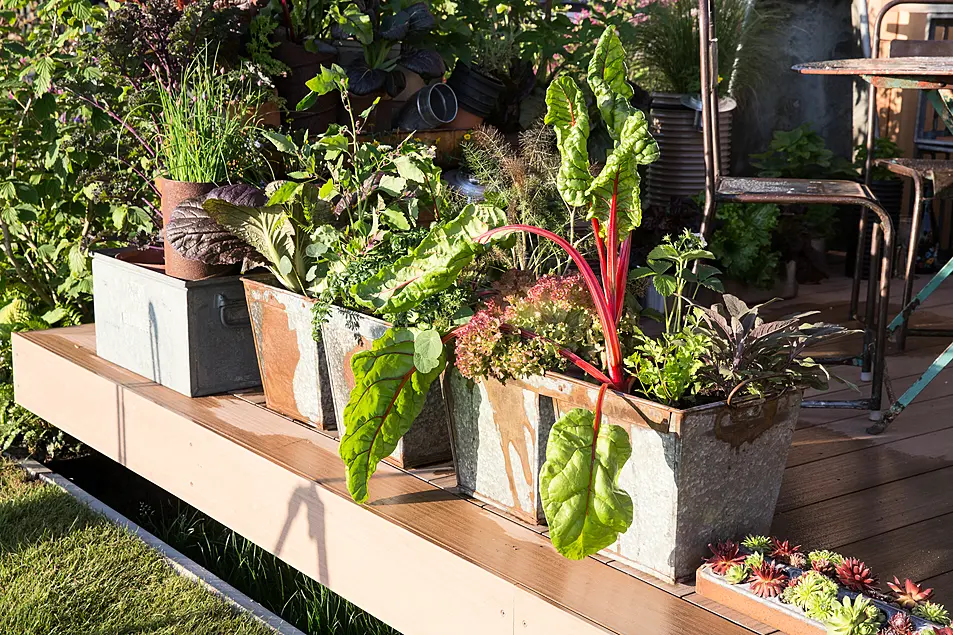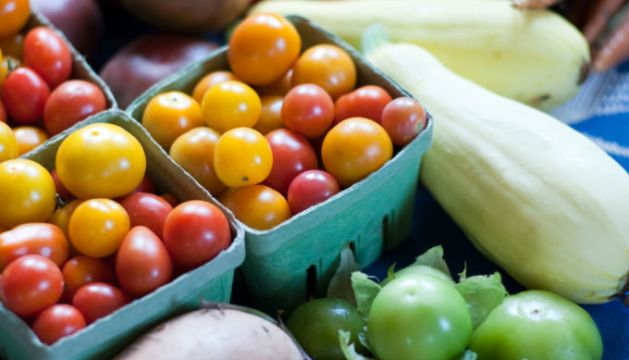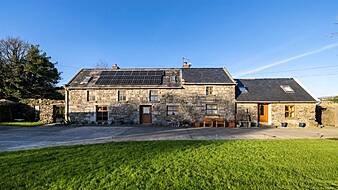Opting for the organic products on supermarket shelves can seem like a good idea – but all too often, the higher price points put a lot of people off.
Right now, budgets are being stretched more than ever – but shopping more ethically and helping look after the planet (and ourselves!) is a growing concern too.
“Organic food is produced without harmful chemical pesticides and fertilisers, without routine use of antibiotics or genetically-modified ingredients, and with the highest standards of animal welfare. All of this results in healthier soils that help lock in nearly two tonnes of additional carbon per football pitch of organic farmland,” says Alex Cullen, commercial and marketing director for Soil Association Certification.
“The last few years have been really challenging for everyone, but products that are better for planet, nature, people and farm animals remain a priority for many shoppers,” Cullen adds.
Like the idea of shopping organic, but conscious about keeping costs down? Sometimes, the cheapest bag of frozen veg really is all you can afford – and nobody should feel guilty about that. But if you are curious about switching in more organic food, here are some ideas…
Grow your own
“The best way to get around the cost of buying organic vegetables and fruit is to grow them yourself,” says finance expert and Money Magpie founder Jasmine Birtles. “Whether you have a garden, or can get an allotment, or even grow some in pots on a balcony or windowsill – it is all possible and not only makes it cheaper but also tastier.
“Really, the best-tasting vegetables and fruit tend to come from one’s own garden. The quicker you can get them from soil to kitchen, the better.”

Of course, there’s space and time to factor in, as well as the initial costs of getting going. If doing it yourself is simply not an option, but you love the idea, how about seeing whether there are any community projects you could get involve with? Local community gardens, food waste and food poverty projects have been increasingly popping up in recent times (you could even get a group together to try and start one!).
Try shopping local
Cullen suggests shopping local and small – are there any local grocers or markets, or even other farms and gardens selling off fruit and veg? This may not be cheaper than the supermarket, but if you’re careful just to buy what you need at the time, it could be a cost-effective way to eat organic.
Shopping this way could help you eat more seasonally too, further helping the environment by skipping out-of-season foods that have been shipped and preserved.
Adopt a ‘less but better’ attitude

If the budget doesn’t stretch to going fully organic with your shop, how about picking just a few items you could switch?
“Keep buying certain organic products, but ditch the rest,” says Birtles. “For example, some people say meat and dairy really should be organic. It’s expensive, but if you go for those only, and then buy ordinary fruit and vegetables, that will cut the cost but still keep you away from chemicals and drugs in meat and dairy products.”
Check out organic basics
“Try the basics – organic milk, yogurts and carrots and organic essentials with long expiry dates, like beans, pasta and tinned foods – are a great place to start as they can often be the same price,” says Cullen.
“Ultimately, do what you can – you don’t have to change your entire shopping basket.”







